The journal Ecología Política invites authors to send their article proposals for its next issue, number 65.
FROM ENERGY TRANSITION CONSENSUS TO SOCIOECOLOGICAL TRANSITIONS
We live a threshold moment in the history of humanity marked by a multi-dimensional crisis (social, ecological, political, economic, and cultural) that reflect its civilizing nature. In this context, the predatory and commodified uses of energy are conceived as a key driver of the modern-colonial project in crisis and, therefore, as an axis that explains multiple modes of socio-environmental domination, exploitation, and degradation. Since agricultural revolution, the colonization processes, the industrial revolution and, more currently, what scientists have called «the great acceleration», the ways of relating to energy reflect a progressive consolidation of the global and predatory capitalism. This is not only dependent on fossil energy abundance, but also on the accumulation of value from the appropriation of work-energy, of bodies-territories and common goods.
The climate crisis is the unavoidable limit of this civilizing project. A project that has created highly unequal and «cannibalistically energetic» societies; that is, they autophagically consume their own material substrate, their own sources of vital energy. Likewise, the global agendas and proposals against climate change oscillate between neoliberal and conservative denialism, on the one hand, and the green capitalism outputs (greenwashing and practices that recommodify the nature), on the other.
Among the reformist solutions, the configuration of a techno-corporate hegemonic consensus can be observed, which temporarily and spatially displaces the climate crisis, while reproducing multiple forms of accumulation by dispossession: carbon markets, disinvestment and defossilization, as well as the massive emplacement of «green» energy-technological alternatives. All these processes deepen the socio-environmental exploitation, generating “sacrifice zones” and extractive enclaves in various geographies, particularly throughout the Global South. This techno-corporate consensus is translated into multilateral organizations, international pacts and summits, as well as the articulation of corporate and state strategies, progressing towards a governance that intends to resolve the system failures without questioning. In other words, it doesn’t question the ways of capitalist consumption and the social metabolism that sustains it.
In this context, the debates on the energy transition emerge as a space in dispute between two directions and opposing movements. On the one hand, the techno-corporate energy transition, which is committed to a technological replacement and substitution of resources from fossil sources to the so-called «clean energies» and «critical minerals». It maintains a dominant nature and it is articulated by States and corporations, reflecting a «Transition Consensus» supported by the discourse of Energy Security and extractivist pressure in various peripheral regions.
On the other hand, proposals and alternatives for a just and popular energy transition are being multiplied and expanded. These are experiences of resistance and re-existences in defence of the common. In this way, energy transitions (in their diverse and plural sense) are promoting radical critiques to techno-corporate consensus. Thus, they propose alternatives for transforming energy, as a social relationship, through self-management, participatory, cooperative and/or community practices that breaks with the commodifying and objectifying advances on bodies-territories and work-energy. This notion of transition leans towards the generation and regeneration of other socio-ecological frameworks: taking up more ruptures than continuities, while establishing an absolute limit to the reproduction of the capitalist system, which is a fossil and an energy-predator system, as well as to the dogma of productivism that has been its » fuel” until now.
This this issue of Ecología Política intends to illustrate these disputes, sharing different perspectives on the following thematic shafts:
- Critical analysis of the global and national agendas for the decarbonization of the energy matrix and transition proposals.
- Empirical or theoretical analysis on the extractivist expansion in the «transition consensus», the common goods grabbing (water, land, energy) and the «crucial minerals».
- Theoretical debates arranged in connection with the energy transition and its forms of accumulation by dispossession (conservationisms, limitation of the commons, financialization of nature, defossilization, and sacrifice zones).
- Research papers on energy in a world at war and militarization. Geopolitical disputes over the “resources”, patents, and knowledge of the energy transition.
- Praxis and territorial experiences, which are political-community and local based, that shapes just and popular energy transition alternatives.
- Energy eco-interdependence. Crucial feminist and ecofeminist keys for the study of violence articulation against women and/or feminized identities, or the study of patriarchal, colonial and capitalist ties.
The issue will be published in JUNE 2023.
PROCEDURE AND DEADLINES FOR SUBMISSION
The submission of articles will take place in two steps.
- Article proposal submission (250 words max.). Deadline: 11th February
Once received, the proposals will be evaluated by experts in the subject and by the issue’s guest editors. The authors whose proposals are selected will be invited to send a complete manuscript. The invitation to submit the full manuscript does not ensure its publication, as manuscripts will then undergo a further review process.
- Submission of the final version of the article (to be translated from English to Spanish, if necessary): 20th March 2023.
Both the abstracts and the final versions of the articles have to be sent to the following e-mail address: articulos@ecologiapolitica.info.
—
PDF






